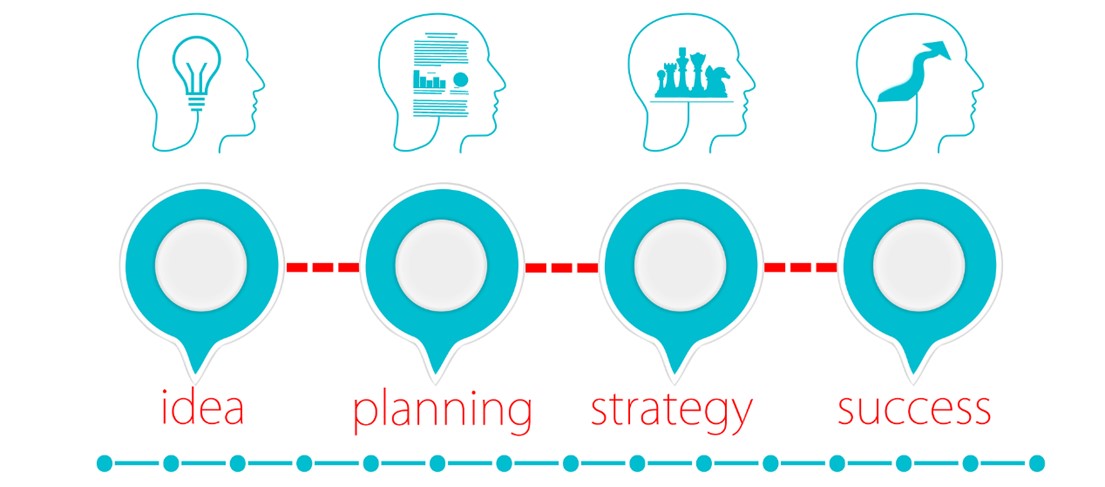and the collaborations in the organization project environment through improvement of cross-corporate relationships during the project phases
ADVISORY ARTICLE
By Stanimir Sotirov
SFC™, ACE®, SSYB™, PMI Member & Volunteer
Dublin, Ireland

- Introduction
To build trust with someone works next to you is easy. This challenge is even bigger when you have teams collaborating from various locations. Teams in different time-zones, cultural differences, and of course often, the language barrier. Improving collaboration between these teams becomes a real challenge with the growth of the number and complexity of the projects. The relations in the cross-corporate environment during the project and remote/virtual teams[1], [2], in particular, is essential for project execution success. A key element in this relationship is the approach “Mission Success First” as the main ingredient for the fulfillment.
Many organizations using teams working all over the world. In most of the projects, they perform that’s a great thing and brings a lot of benefits to the project and the organization itself. Also, when these teams collaborate successfully, the project can add a global perspective to the options for success, but the distance can also mean problems.
All projects performed under remote team’s collaboration face most of the time the same issues. But these issues can also help you and your organization to build a proper method in remote team collaboration and partnership lead by the common goal – mission success first!
- How the concept has changed over time
In the beginning, the cross-corporate practice was not so popular and using a remote team was more for small, unimportant and often not related to any project tasks. The collaboration was narrow to contract-payment relationships, never engaged to company objectives and most of the times never using the same team for a new task. This was the usual relationship build on nothing except money and end once the payment was made.
Now the situation is completely different. Organizations looking for ways to improve this communication with remote teams on a daily basis. They are trying to engage them in every possible way in order o use them as a valuable resource not only for task performance but also for complete and more often a complex project under cross-corporate environment.
The meaning of virtual/remote team nowadays is a synonym of colleagues located in some place far from us but aligned as much as we do to our common goals and believes and mostly join to our main objective – Mission Success First!
- Ways for cross-corporate collaboration improvement
- Watch the time zone [3]
 The PM [4] needs always watch on time zones and respect our remote team’s time off. This is crucial for cross-office collaboration. It may look easy but missing a track of time zones is one of the most common issues for remote teams managing. If there is a task that needs to perform or respond to client’s feedback or conference call, always consider what time zone remote teams are in and how this will reflect on their further actions.
The PM [4] needs always watch on time zones and respect our remote team’s time off. This is crucial for cross-office collaboration. It may look easy but missing a track of time zones is one of the most common issues for remote teams managing. If there is a task that needs to perform or respond to client’s feedback or conference call, always consider what time zone remote teams are in and how this will reflect on their further actions.
Also, always need to use a digital tool like an online calendar to track your meetings. Try to establish a system with your remote team this will gives to the PM real-time information which one of the members is available or not.
More…
To read entire article, click here
How to cite this article: Sotirov, S. (2020). “Mission success first” approach and the collaborations in the organization project environment through improvement of cross-corporate relationships during the project phases, PM World Journal, Vol. IX, Issue XII, December. Available online at https://pmworldlibrary.net/wp-content/uploads/2020/11/pmwj100-Dec2020-Sotirov-mission-success-first-approach-advisory.pdf
About the Author

Stanimir Sotirov
ACE®, SFC™, Project Business Foundation, PMI Volunteer
Dublin, Ireland
![]()
Stanimir Sotirov is an experienced Project Manager with vast IT experience. 15+ years of initiating and delivering sustained results across a wide range of areas like SaaS software, digital marketing, freelance management, e-commerce. Skills include team and department management, analytical thinking and creative problem-solving. Project Business Foundation board member and PMI Volunteer. He can be contacted at stanimir@sotirov.cc
[1] team – a small number of people with complementary skills committed to a common purpose, performance goals and approach, for which they hold themselves mutually accountable. / Katzenbach & Smith definition (1994)
[2] remote team – a group of people who are not located in the same place and/or have a different time zone and working hours and very often from a diverse culture.
[3] Images credits: https://www.freepik.com/vectorjuiceImagestack
[4] PM – Project manager









